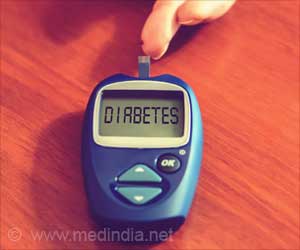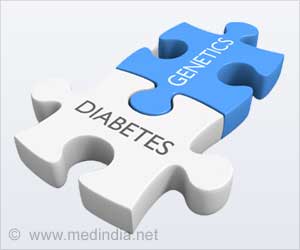14 new biomarkers for type 2 diabetes has been identified by researchers, which can serve as basis for developing new methods of treatment and prevention of this metabolic disease.

The researchers led by Anna Floegel of the German Institute of Human Nutrition (DIfE) and Tobias Pischon of the Max Delbrueck Center studied the blood of study participants from three different studies with respect to their metabolites (metabolomics).
The study was based on data and blood samples of the prospective EPIC-Potsdam study with more than 27,500 study participants, the Tuebingen family study and the KORA study. The study was conducted in collaboration with the German Center for Diabetes Research (DZD) and funded by the Federal Ministry of Education and Research (BMBF).
The aim of the current study was to identify metabolites in blood, which provide insight into the pathomechanisms of type 2 diabetes and in addition can be used as biomarkers to determine the disease risk.
To this end, the researchers studied a total of 4,000 blood samples. About 3,000 of these samples came from the EPIC-Potsdam study, nearly 900 samples from the KORA study in Augsburg and 76 from the study in Tuebingen.
At the time the blood sample was taken, none of the study participants suffered from type 2 diabetes: However, during the average follow-up time of seven years, 800 Potsdam study participants and 91 Augsburg participants were diagnosed with type 2 diabetes. The 76 participants in the Tuebingen study were already classified at the beginning of the study as individuals at high risk for type 2 diabetes. At the time the blood sample was taken, however, they were still healthy.
Advertisement
"In addition to simple sugars, the 14 identified metabolites include various protein components and choline-containing phospholipids which play a role in the structure of cell membranes and in the transport of blood lipids," said Anna Floegel, lead author of the study.
Advertisement
Source-ANI















